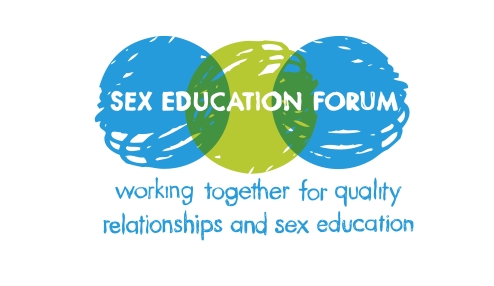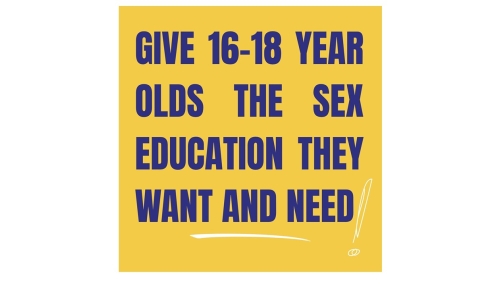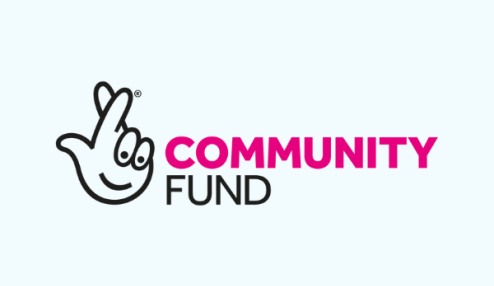Brook has been at the forefront of providing sexual health clinical care, information and support for young people for over 55 years. Our specialist educators deliver quality assured, rights-based Relationships and Sex Education (RSE) programmes to young people in schools and youth settings across the country.
Young people in focus groups articulated what they thought the problems are with RSE in their schools…students claimed that some teachers did not want to talk about RSE and instead put them in front of films, [the students] specifically compared the knowledge of a biology teacher favourably to that of other teachers‘ (Brook and Open University, 2020)
In discussion with school RSHE leads we identify topics within the RSE curriculum that teachers find challenging to deliver. Although this will differ from school to school many seek support with discussing complex issues such as pleasure, pornography, consent, sex and the law. Brook also routinely provides specialist sexual health knowledge on issues such as STIs, contraception and pregnancy decision-making: issues which can generate embarrassment, but which we deal with daily in our sexual health clinics.
Because of the links between our clinical work and education work, educators can also offer an accurate and reassuring explanation of what to actually expect from a visit to a local sexual health service. We know that reluctance to seek sexual health care won’t stop young people having sex, but may delay them getting help, leading to untreated STIs, unintended pregnancy and even concealed pregnancies. It can be extremely reassuring to meet a friendly face from a sexual health service who can describe what a visit would be like; can explain the scope and limitations of confidentiality within a service; and can dispel a lot of common myths. Wherever your school is, we always recommend getting in touch with the local community or young people’s sexual health service and see if they can offer a session about visiting a clinic.
Ollie came home today really positive saying the workshop was engaging, interesting and humorous. He commented that having a [visitor] led to a more relaxed and interactive [lesson].
RSE can touch upon young people’s individual experience and values, in a different way to many school subjects; and sessions delivered by an external visitor who they don’t associate with normal academic work and who brings different communication styles and resources into the classroom can be beneficial. Students often feel freer to ask the questions they want of someone who is less familiar and has been introduced as an expert.
With the advent of mandatory RSE, more priority in the timetable and more opportunities for teachers to access training, we are optimistic that in time teachers will feel increasingly competent in all aspects of the RSE curriculum. In the meantime inviting trusted experts from reliable organisations to provide selected sessions gives teachers the opportunity to shadow lessons, familiarise themselves with useful vocabulary and resources, and build their own knowledge and confidence to facilitate constructive conversations with young people about their bodies, lives, sexual health and wellbeing. It also creates a crucial link with further sources of reliable information and access to local health services, which goes hand in hand with school-based RSE in meeting young people’s health and wellbeing needs.
Nick Dunne
Brook Education Team
References and further information
Brook and Open University (2020) Lessons for the new era of mandatory RSE
External agencies & RSE - updated guide from the Sex Education Forum




Share